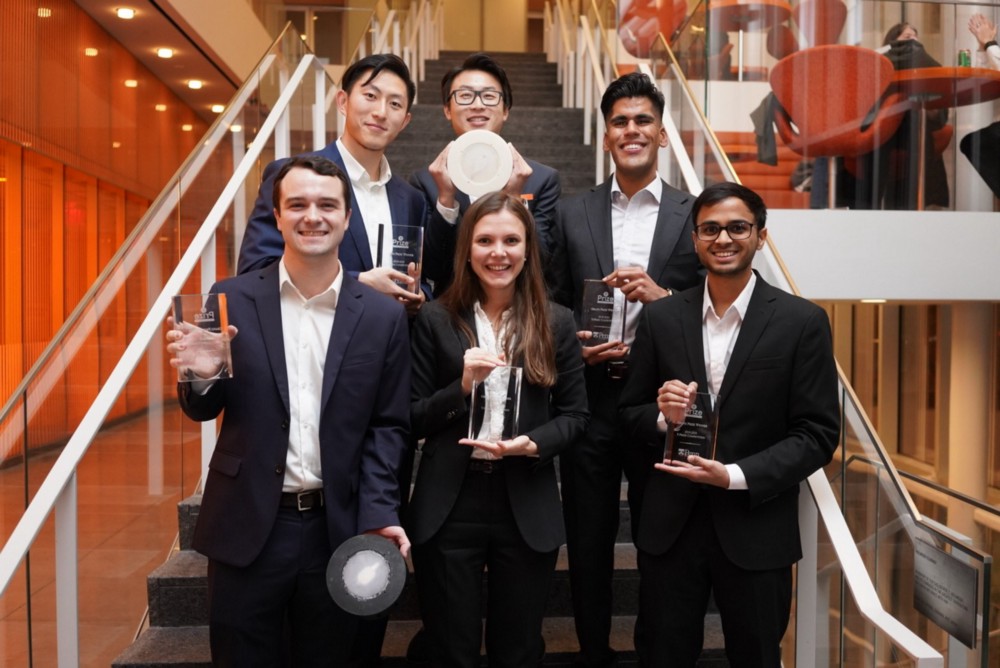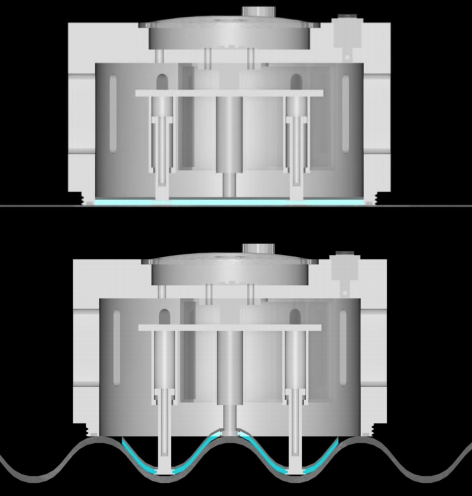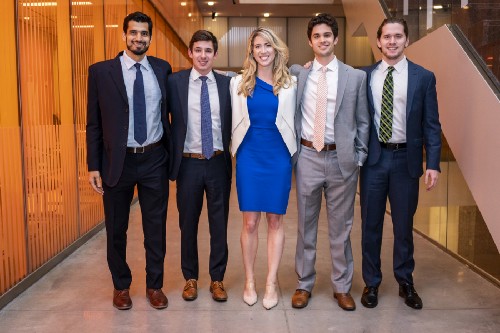
Each year, Penn Engineering, Wharton’s Mack Institute for Innovation Management, Penn Wharton Entrepreneurship and the Penn Center for Innovation team up to host the Y-Prize at Penn, an invention competition in which entrants are challenged to pitch an innovative business plan for a technology developed at Penn Engineering. Finalists present their pitches to a panel of judges and compete for a cash prize of $10,000 to fund their idea.
This year’s Grand Prize winner was Metal Light. They plan to build sustainable, affordable lights that draw power from scrap metal, an ideal lighting solution for off-grid homes around the world.
Metal Light faced strong competition, and for the first time in the Y-Prize’s eight-year history, a second-place prize was awarded for the runner-up team. M-Squared, who proposed using the same energy-scavenging technology to build sensors for shipping containers, earned a $4,000 Y-Prize award, which was matched with a grant from FabNet.

The technology at the core of both projects was developed by James Pikul, assistant professor in Mechanical Engineering and Applied Mechanics. His metal-air scavenger, made from a thin polymer film and a flexible carbon electrode, extracts energy from metal surfaces through an oxidation reaction.
The Metal Light team is composed of master’s students Ryan Goethals and Darsham Bhosale of Penn Engineering, Minhal Dhanjy and Kateryna Kharenko of Wharton, and Leo Li and Yumin Gao of Johns Hopkins University. They proposed using Pikul’s metal-air scavenger to build light fixtures that can adhere to flat or corrugated metal surfaces and can be used in homes that aren’t wired for electricity. These homes often rely on kerosene lamps, which generate indoor air pollution and can lead to fires or explosions.
The advantage of this technology, according to the team’s pitch, is that it would provide an eco-friendly and sustainable light source to remote homes. The possibility of increased light after dark could particularly help local students by providing more study time, without exposure to potentially dangerous kerosene lamps.
As Grand Prize winners, Metal Light is also automatically eligible for the semifinals of the Penn Wharton Startup Challenge. But the team already has its sights set on taking their project off the drawing board and into the real world.
“We’re excited by the endorsement from the judges and the Y-Prize steering committee on our mission to improve lives through sustainable lighting,” said Dhanjy. “Additionally, we are eager to continue to work with Dr. Pikul, his team and the University of Pennsylvania to refine our product prototype, continue discussions with partners and begin on-the-ground testing.”

The second-place team, M-Squared, is made up of Wharton master’s students Rachel Braun, Tony Morano and Nick Brayer, and Engineering master’s student Matt Lynch and Ph.D. candidate Corbin Vara.
The team’s proposal for using Pikul’s energy-scavenging technology to power sensors in shipping containers — which could alert crew about potential damage, theft or even human trafficking — so impressed the Y-Prize judges that, during their deliberations, they decided to award a second-place prize for the first time in the competition’s history. In addition to the $4,000 cash prize, M-Squared received a $4,000 grant from FabNet to use its prototyping facilities and services.
